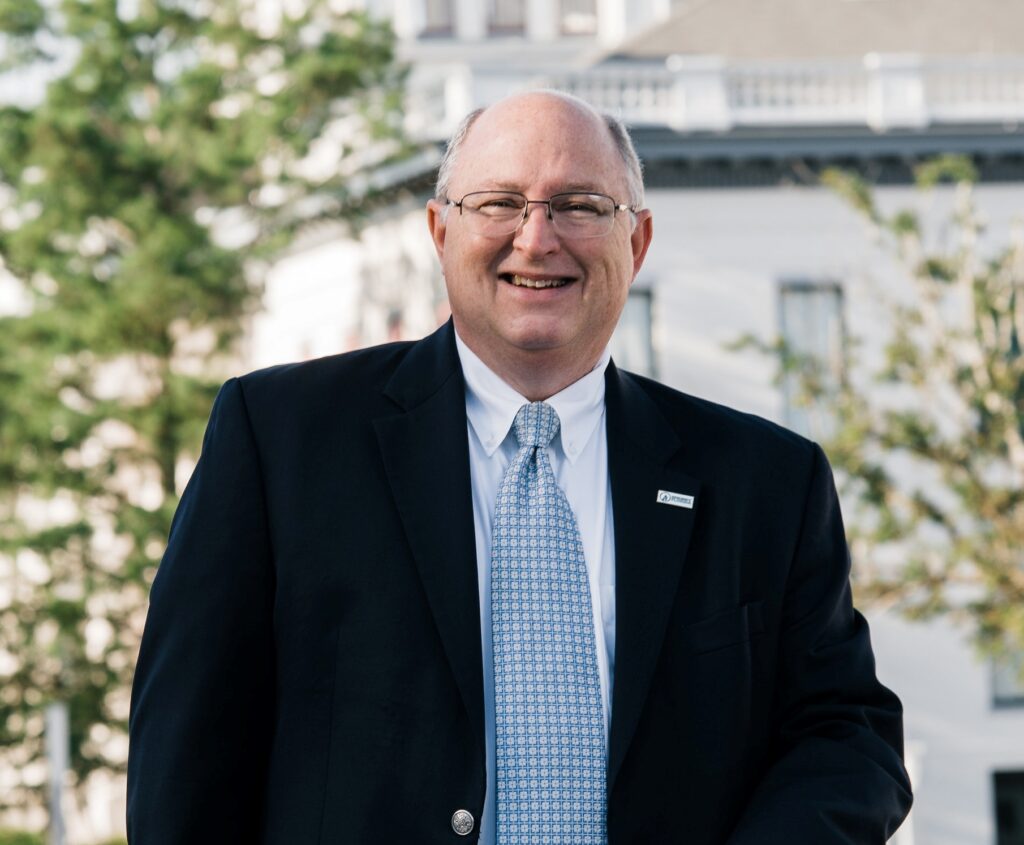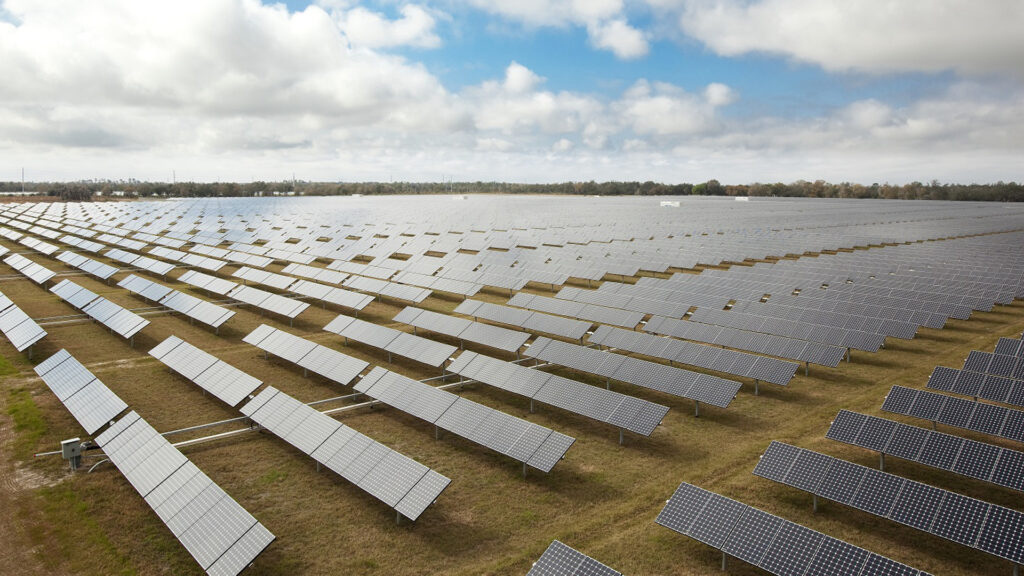The following is a Q&A conducted with David Rathke, the executive director of Resiliency Florida. The nonprofit organization consists of private and public partners working to increase climate resilience in communities throughout the state. Rathke has been Resiliency Florida’s executive director since January 2022 and owns the consulting firm Rathke Enterprises LLC. This interview has been edited for length and clarity.
What motivated you to work on climate issues?

Well, I love my state. I believe it is the response of all Floridians to work together to ensure Florida’s future economically, culturally and environmentally. I was born and raised here. I watched the state grow over time and prosper. And I want it to remain strong for a long time.
My children are growing up here and it’s my responsibility to make sure they can have a good life here if this is where they choose to live.
What do you think is a major challenge from climate change in the specific area where you live?
Everything is local, right? What is needed in one community may not be in another. Florida is a big and diverse state. All the problems and solutions are not the same.
In Tallahassee, we are roughly 30 miles from the coast. So, our issues may be a little different than Broward County or the Keys, for example, where they’re already dealing with impacts from sea-level rise. So, while everyone in the state should be concerned about hurricanes and tropical storms, even if you’re inland, Ian and Nicole showed us that very recently there’s more to it.
Heat, localized flooding, potential for wildfire and the volatility of extremes are all big in this part of the state.
So as far as stakeholders or government involvement in issues, what’s something that maybe they could do or help to manage problems like this?
Well, first I believe that the government can’t solve all problems. Having said that, it certainly can have a positive impact and should act where it can. A spectacular example is the Resilient Florida Grant Program. Our state has taken the bull by the horns and is doing a great job to mitigate the impacts of flooding and sea-level rise …
But I think there’s more to the answer. Everyday people are the real answer. People should get educated on what is happening … People will hear and see a great deal of information and it will be hard to decipher what is accurate at times. But as humans, we need to educate ourselves so that we can take personal ownership and action. We need to discuss ideas with the people around us (and) encourage our friends to be informed and to help.
Aside from all the frustration and feelings of fear or hopelessness regarding climate change, what’s something positive that you see being done that may go unnoticed?

Our publicly owned utilities are doing a lot. They’re making some huge investments in alternative energy production. And depending on where you live, you may have seen a solar field. But this is where a local perspective can fall short a little bit. Most of us might see one here or there, but overall, there are so many more.
In fact, NextEra is one of the largest alternative energy producers in the world and, Florida, I think, is one of the top alternative energy producing states in the country. We have a lot of solar going on.
Companies are evaluating other forms of fuel – to reduce fossil fuel consumption and move towards a more of a net-zero approach. So, all those things are positive. You know, there’s been leaps and bounds of innovation made in the area of energy and it’s continuing. Folks may not see it, but it’s happening all around them.
How do you think climate change will affect future generations?
If I could see the future, I would say one of the biggest (things) is going to be change. Changes in technology can make a big difference. Changes in behaviors. Changes in what people are willing to accept and do. Changes in the economy from innovation. And we’ve already seen many of these due to the pandemic.
For example, using technology. People are moving, because many jobs can be done virtually from almost anywhere. So, some workers have more flexibility now. We’ve seen a lot of people moving into Florida because of this. People are moving where they want to live. whether it’s for economic reasons, political ones or many other reasons.
So, change is going to be kind of the name of the game in my mind. And so, when I talk to young people like my daughters, for example, you know, we talk about these things often. And we just talk about having an open mind and a willingness to adapt.
What kind of trade-offs or compromises, if any, do you think will need to be made to address climate change?
Many are actually happening now. And as we move forward, we will need smarter building systems and codes, more resilient transportation systems which are less dependent on fossil fuels and continued investment in resilience structures or infrastructure of all types.
Whether that is alternative water supplies, flood protection, etc., we have to find more ways to reduce waste and be more efficient. And maybe the biggest one is a willingness to adapt as we innovate and progress … People are going to have to act.
This Q&A was conducted by Megan Mascheri, a graduate research assistant at Florida Atlantic University who is pursuing a master’s degree in its geosciences program. She has worked as a research assistant for FAU’s Center for Environmental Studies since 2021. The center manages and funds The Invading Sea.



